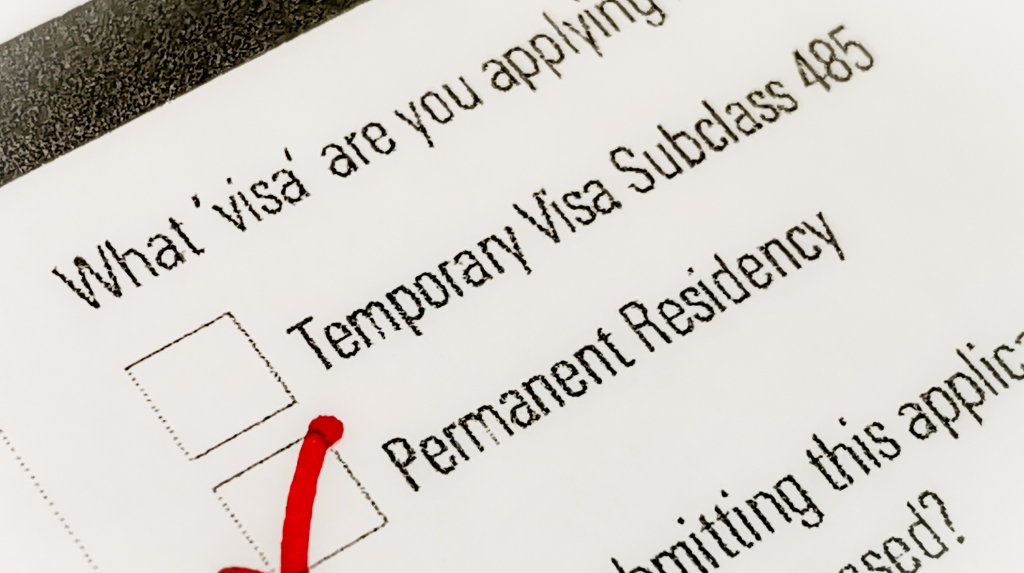Achieving U.S. citizenship is a major milestone for many immigrants who have made the United States their home and for those who started with conditional residence status, it’s important to understand how this time contributes to their eligibility. This guide will break down the complexities and their role in the citizenship process.
What Is Conditional Residence?
USCIS often grants this status to immigrants based on marriage to a U.S. citizen or through investment as an entrepreneur. They receive a “green card” and gain certain rights and responsibilities, but their status remains temporary and expires after two years.
The two-year period allows USCIS to verify that the marriage is legitimate or the investment is genuine. The holders of this status must take specific steps to transition from conditional to permanent residence before their green card expires.
Why Counting Time as a Conditional Resident Matters
For those with conditional residence, time is crucial for becoming eligible for U.S. citizenship. Generally, green card holders must wait five years before applying for citizenship. However, spouses of U.S. citizens can apply after three years of marriage and living together.
Given the long wait times and processing backlogs at USCIS, conditional residents are keen to count as much of their time as possible toward naturalization requirements.
Conditional Residence and Naturalization
The key question is whether your time as a conditional resident counts towards the continuous residence requirement for U.S. citizenship. The answer is yes, but with an important condition: you must successfully transition to permanent residence.
To do this, you need to apply to USCIS to remove the conditions on your residence. The form you use depends on why you received conditional residence:
- If it was based on marriage, you’ll use Form I-751.
- If it was through investment, you’ll use Form I-829.
- Once you file the appropriate form and supporting documents, USCIS will evaluate your eligibility for permanent residence and either approve or deny your application.
Expedited Naturalization Eligibility
In some cases, USCIS processing times for I-751 or I-829 applications can be lengthy, allowing conditional residents to accrue more time than necessary for naturalization eligibility. In such instances, USCIS may allow conditional residents to submit their N-400 naturalization application before they fully approve their conditions. USCIS will then review both applications in sequence.
It’s advisable to consult with an immigration attorney about this expedited naturalization process, as eligibility criteria and procedures can vary. Also, If you’ve spent two years as a conditional resident and successfully transitioned to permanent resident status, those two years count towards the continuous residence requirement for U.S. citizenship. Your residence count typically starts from the date your conditional residence was approved, as noted on your permanent green card.
Differences between Conditional Residence and Permanent Residence
Conditional residence and permanent residence are two distinct statuses in the U.S. immigration system, each with specific characteristics and implications. Here are the main differences:
Duration of Status
- Conditional Residence: This status is temporary and lasts for two years. Typically, USCIS grants this status to individuals who obtain their green cards through marriage to a U.S. citizen or lawful permanent resident when the marriage is less than two years old, or through specific investment programs.
- Permanent residence; also known as lawful permanent residency, grants individuals status for a longer duration, typically ten years, and they can renew it indefinitely as long as they maintain their resident status.
Conditions and Renewal
- Conditional Residence: As the name implies, this status comes with specific conditions that must be met to maintain residency. Conditional residents must apply to remove these conditions before their two-year period expires, typically by filing Form I-751 (for marriage-based cases) or Form I-829 (for investors) to demonstrate that their marriage is genuine or that they have met investment requirements.
- Permanent Residence: There are no conditions attached to this status once it is granted. Permanent residents can renew their green cards every ten years without needing to prove any additional conditions.
Rights and Privileges
- Conditional Residents: They enjoy many of the same rights as permanent residents, such as the ability to work and travel in and out of the U.S., but their status is contingent on meeting the conditions set forth at the time of their grant23.
- Permanent Residents: They have full rights associated with residency, including the ability to live and work anywhere in the U.S., vote in some local elections (in certain jurisdictions), and access various government benefits
Navigating the immigration process can be complex, but understanding how conditional residence fits into your path to U.S. citizenship is crucial. If you’re considering naturalization and have questions about your specific situation, it’s highly recommended that you seek advice from an experienced immigration attorney. Your journey to U.S. citizenship may be more straightforward than you think, thanks to your time as a conditional resident.
How Law and Visas Can Help?
At Law and Visas, our team of expert immigration consultants is here to make your travel to the United States straightforward and successful. Whether you’re applying for a Permanent Resident Visa or U Visa, we handle every step—from preparing your application to gathering the required documents.
Our Immigration Consultants and Lawyers ensure that your application meets the highest standards, with no details missed. We’ll also keep you informed throughout the process, coordinating with the immigration office or embassy on your behalf.
Law and Visas has a strong record of helping clients secure the visas/permits they need to visit the United States. Call us today at +234 812 5505 986 to learn how we can assist you.





